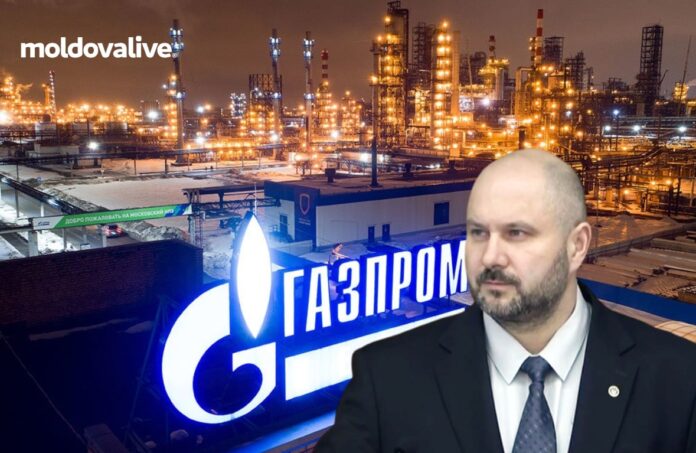Moscow has asked Chisinau to agree with Kyiv on gas transit to Moldova, according to Energy Minister Victor Parlicov. The agreement on the transportation of the blue fuel to the neighboring country expires on January 1, 2025, and the country’s authorities promise to take action to avoid a humanitarian catastrophe on the left bank of the Dniester if deliveries from Gazprom are not possible.
“Gazprom urged Moldova to negotiate with Ukraine to ensure the continuation of gas transit to Transnistria, emphasizing that maintaining transit would simplify the situation. But there are alternative routes,” the energy minister said after he visited St. Petersburg, where he met Gazprom chief Alexei Miller.
Parlicov emphasized that the contract obliges Gazprom to deliver gas to the Moldovan border, but Chisinau officials may consider making unilateral changes to the agreement. The issue centers on the alleged debts that the Russian giant claims Moldova owes, citing alternative transportation routes as the basis.
FOR THE MOST IMPORTANT NEWS, FOLLOW US ON TWITTER!
The minister reiterated that there are sufficient stocks until January, and the authorities have drawn up plans to provide the Dniester Left bank with the necessary energy resources. Parlicov stated that Moldova needs support from foreign partners if Transnistria cannot receive Russian gas.
“We cannot resolve the problem of the left bank receiving little or no gas from Gazprom without the support of international partners,” Parlicov said.
Janis Mazeiks, head of the European Union Delegation to Moldova, says EU officials are talking to the Chisinau administration about gas supplies to Transnistria. According to him, European institutions are ready to intervene if necessary.
At the same time, the Deputy Prime Minister for Reintegration, Oleg Serebrian, believes that stopping gas supplies to Transnistria will become a humanitarian catastrophe for both sides of the Dniester and that citizens must be supported, regardless of the region of the Republic of Moldova in which they live.
The contract allowing Russian gas to transit through Ukraine will expire on January 1, 2025. The authorities have developed several scenarios to provide the population with energy resources in a possible crisis. Among the proposed solutions are electricity purchases from the EU market, alternative gas transportation routes, and the creation of stocks for the cold season.


